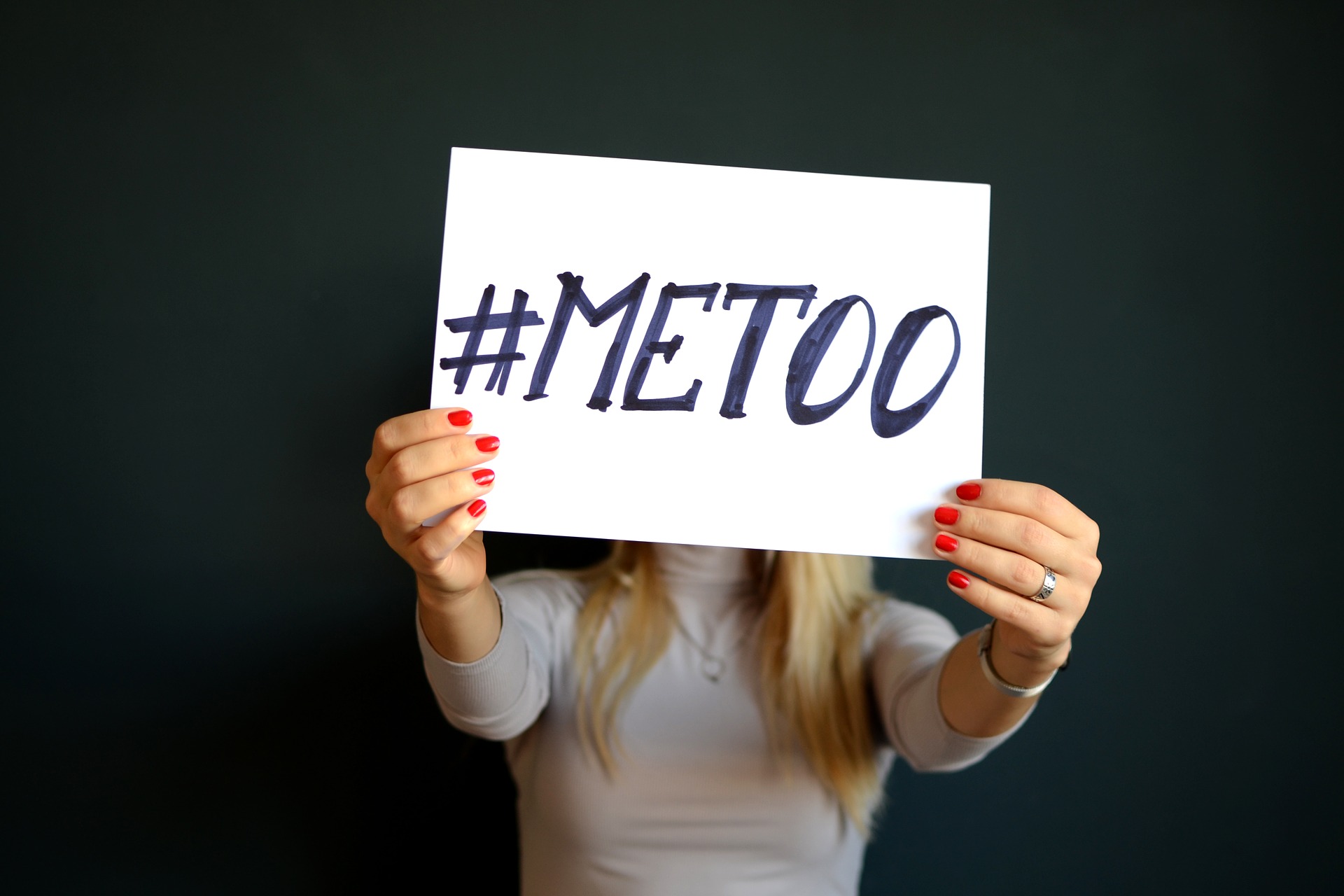
Out of the 1,217 bills that passed across Governor Jerry Brown’s desk, he signed 1,016 and vetoed 201.
Two of the bills signed will dramatically alter the relationship between employers and employees in regards to sexual harassment complaints and legal action taken in the wake of an employee harassment complaint.
These bills are SB 1300 and SB 1343, and they were pushed and promptly passed in large part due to the #metoo movement.
They both expand mandated harassment training and SB 1300 in particular, expands the definition of sexual harassment and offers new legal protections for employees who are harassed, similar to what California SB 396 attempted to accomplish, but taking it one step further.
We’ll go over each of these bills in detail so you know what training you need to provide to staff and what the changes to the legal code mean for your relationships with your employees.
To start, let’s briefly cover SB 1343 since that’s the most straightforward of the two.
What is SB 1343?
SB 1343 only applies to businesses who employ 5 or more people.
There already exists a 2-hour sexual harassment training requirement for managers and supervisors, but SB 1343 mandates an additional training requirement for non-managers, including temporary or seasonal workers.
Both the 2-hour training and 1-hour training must be provided to staff by January 1, 2020. Every 2 years, you need to provide 1-hour of this training to all staff again.
If you hire employees after January 1, 2020, they must take the 1-hour sexual harassment training within 6 months of working on the job.
What is SB 1300
SB 1300 is a sweeping harassment bill that applies to all California employers regardless of how many employees they have or how large or small the business is.
We’ll do our best to cover all the major points here.
First off, employers are no longer allowed to offer the following in exchange for a raise, bonus, or as a condition of employment or continued employment:
- Require an employee to sign a release that basically says they’re not allowed to possess a claim or injury against an employer or other entity, such as a civil action, or notify governmental entities such as law enforcement.
- Require an employee to sign a non-disparagement agreement or something similar that denies the employee’s right to expose unlawful acts in the workplace, such as sexual harassment or otherwise.
Here are the other major points you need to know:
- Employers may be responsible for the acts of nonemployees harassing employees and other nonemployees such as interns, volunteers, and service contractors.
- A single incident of harassment is enough to bring the case to trial and raise the issue of a hostile work environment if the harasser’s behavior has unreasonably interfered with the plaintiff’s work environment.
- No workplace will be held to a different standard regarding sexual harassment than any other workplace.
- Defendants in harassment cases are prohibited from being awarded attorney’s fees and costs unless the court determines that the action brought against the defendant was frivolous, unreasonable, or groundless or that the plaintiff continued to litigate after it clearly became so.
SB 1300 Bystander Training
SB 1300 takes their training a step further and authorizes employers to provide employees with bystander intervention training, which includes:
- Information and practical guidance for bystanders to recognize harassment when it occurs.
- The skills, confidence, and motivation to intervene in a problematic situation.
- And resources to use if they do intervene.
What Judicial Decisions Does SB 1300 Affirm?
SB 1300 took a look at existing judicial decisions and aligned with those it favored and departed from those it rejects.
Here are the cases it approves of and used as a basis for this new legislation:
- Harris v. Forklift Systems. In this case, Justice Ruth Bader Ginsburg stated plainly that “the plaintiff need not prove that his or her tangible productivity has declined as a result of the harassment. It suffices to prove that a reasonable person subjected to the discriminatory conduct would find, as the plaintiff did, that the harassment so altered working conditions as to make it more difficult to do the job.”
- Reid v. Google, Inc. In this case, the California Supreme Court rejected the “stray remarks doctrine,” because the “existence of a hostile work environment depends on the totality of the circumstances and a discriminatory remark, even if made not directly in the context of an employment decision or uttered by a nondecisionmaker, may be relevant, circumstantial evidence of discrimination.”
- Nazir v. United Airlines, Inc. In this case, it was observed that “hostile working environment cases involve issues ‘not determinable on paper.’”
How Can You Prepare for SB 1300 and SB 1343?
Well, you’re going to need to provide extensive harassment training to your employees, managers, and supervisors.
Which means you need an easy way to access this information. You also want to make it as simple as possible for your employees to take this training.
We can help make this happen.
We have a full library of courses, ebooks, and videos that meet harassment training guidelines, such as:
- Sexual Harassment Prevention for Employees
- Smart Workplaces: Sexual Harassment Prevention for Field Managers & Supervisors California AB 1825 and all 50 States
- Harassment Prevention for Managers – State and Local Government Sector Edition
The best part is, they’re all available immediately after signing up. To claim your free trial of Enterprise Training, simply click the button below.
Experience the proven, easy-to-use, and cost-effective benefits of online training by scheduling your free online training consultation today!
